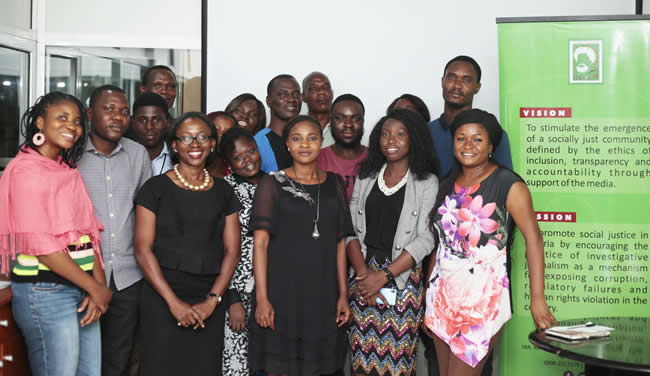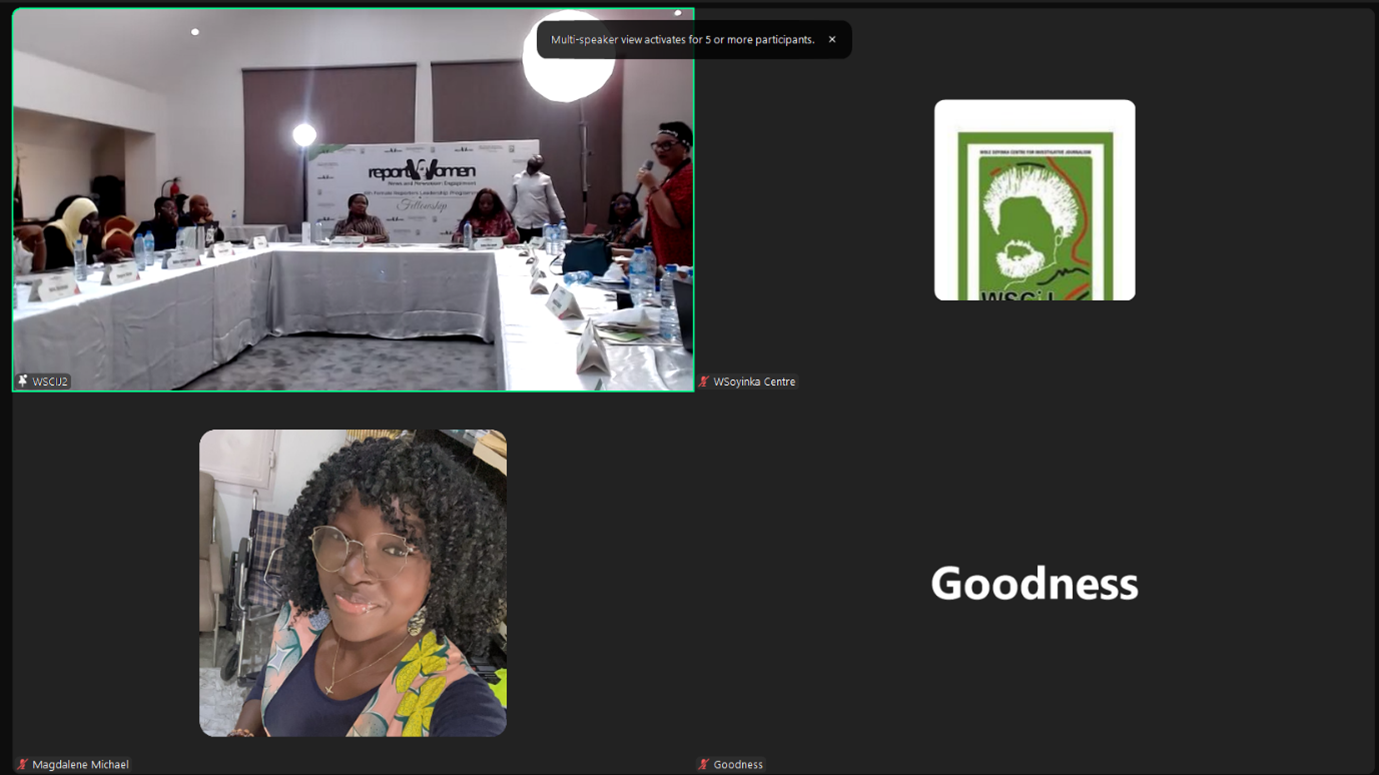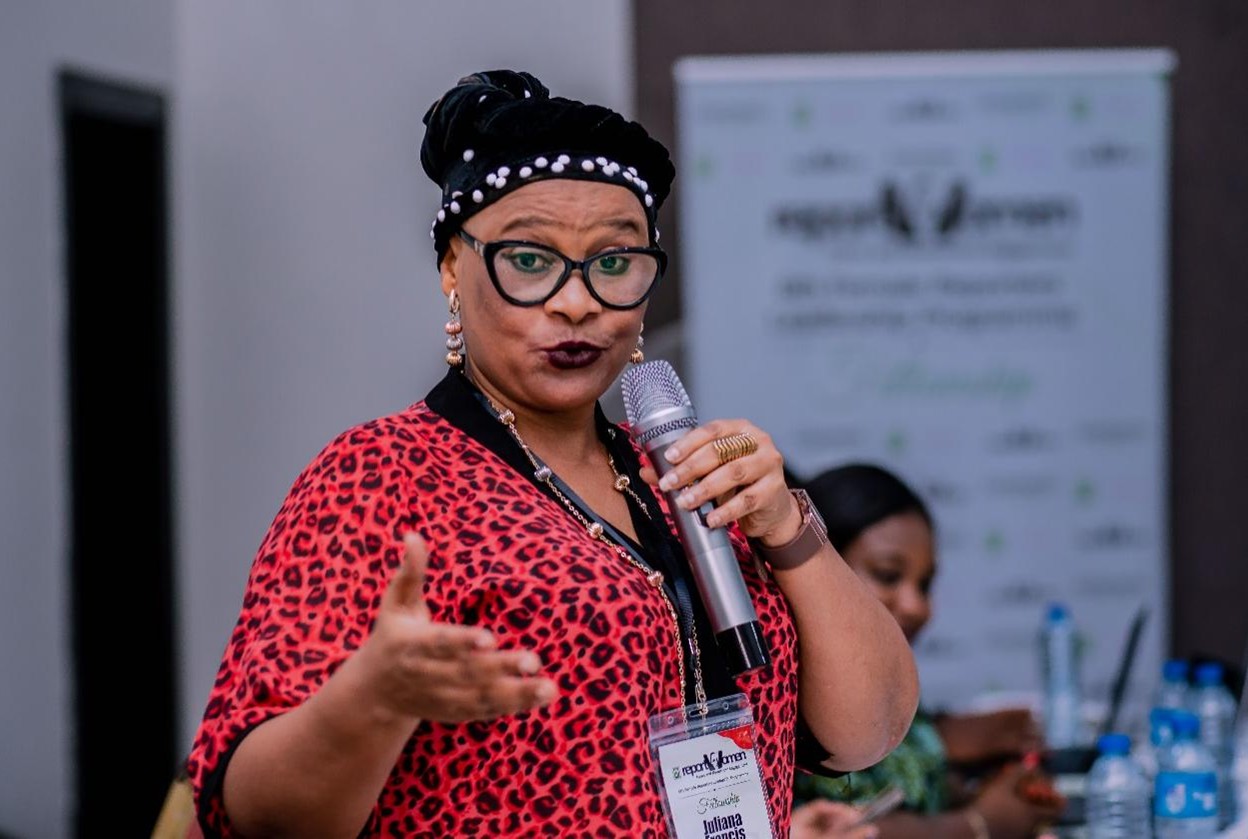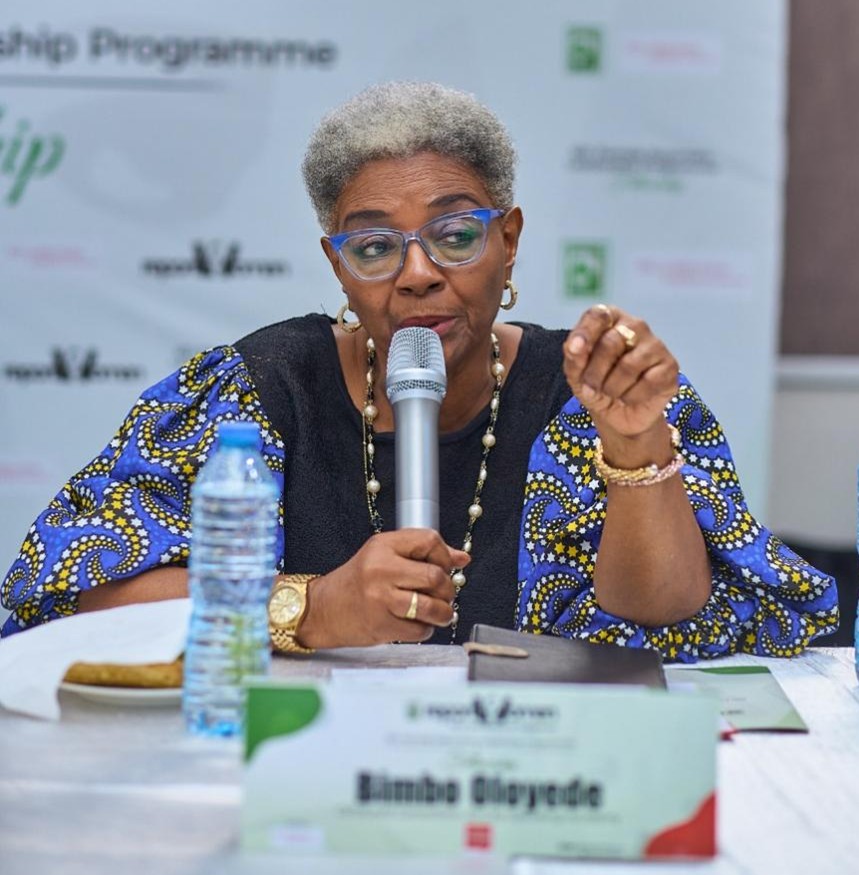Attention was again drawn to the need to drive impact through fact-based reporting in Nigerian newsrooms as the Wole Soyinka Centre for Investigative Journalism (WSCIJ) held the second edition of its ‘Time-out with Journalists’ on Thursday, 29 August 2019 at the centre’s office in Ikeja, Lagos.
‘Time-out with Journalists’ is an off-work arrangement aimed at providing journalists with the atmosphere to relax, reflect and interact with themselves about critical issues in the journalism profession and the society at large.
Toyin Adeniran, a Programme Officer with the WSCIJ, said the centre was bringing the journalists together under a more relaxed environment, other than the serious setting of the training and lecture on which it had engaged them, to further raise discussions on the practice of journalism in the country. She observed that the maiden edition of the event was held in March 2019.
This time, Spotlight, a movie which retells the impactful story of a group of journalists and editors at Boston Globe, who uncovered the sexual abuse of kids by Catholic priests, which before their investigation was covered up by the Catholic Church and the judiciary, was shown.
Emanating from the film were discussions on the practice of investigative journalism in Nigerian media houses. Yemisi Dada, a reporter with Radio One, in her contribution, touched on the fact that the media hold a huge responsibility in driving impacts and pushing for policy change that affects the society through the stories they publish.
“The success of the story shown is that the media house owned the story. Here, commercialisation is a challenge. Everything is not about money. It is not about how much to be made from the story.”
Taiwo Adebulu, a reporter with TheCable, explained that the movie shows the need for journalists to drive impact by choosing an appropriate focus for their investigative story.
“The film was revealing. Looking at the movie, there is the need to drive impact by finding the meat of your story. The editor in the movie talked about the fact that it is not about listing the names of the priests; to drive impact, he says, it will be better to get at the institutions,” he said.
Ayodele Efunla of TheNEWS spoke about the need for proper archiving of documents and information for easy access for journalists in the bid to ensuring that their stories are filled with facts.
On his part, Lekan Otufodunrin, Executive Director, Media Career Development Network affirmed that the movie is an indication of how thorough a story can be, and the impacts a single story can make.
“The truth is that journalism was not like this in Nigeria. ‘The face of a liar’ was done by TheNEWS. It made a speaker of the House of Representatives to resign. But are we this patient?”
He further observed the possibility of journalists breaking stories outside their media houses if need be. He however stressed that understanding the environment, having the right network and the ability to pitch are key in achieving this.
Rebecca Erureh, an Assistant Programme Officer, in closing, charged the journalists to continue to drive the much-desired change in the country through their reports, with renewed commitment as they go on to telling stories and sharing vital information that would otherwise remain untold.








